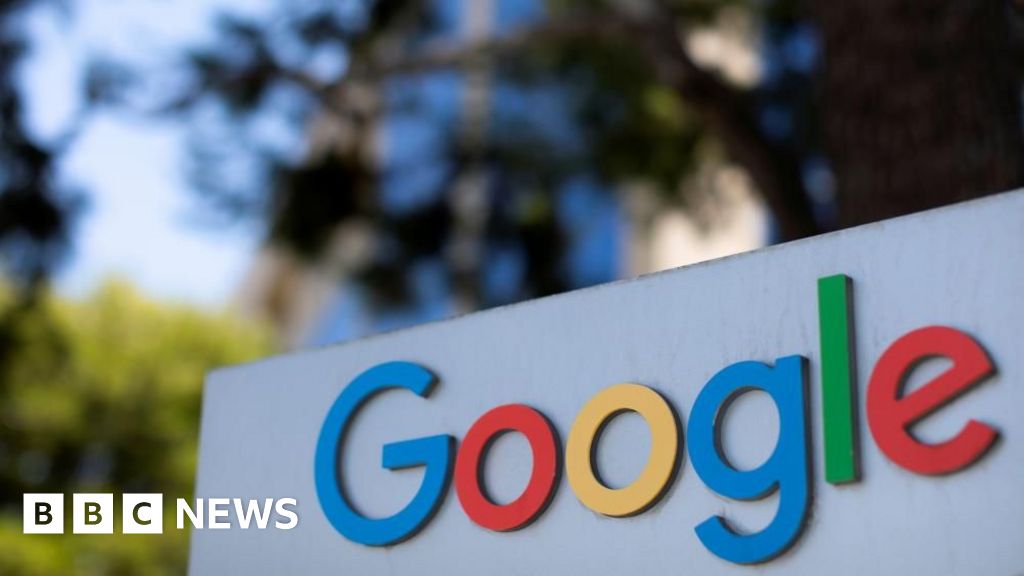Google told to sell Chrome to end search monopoly

The DOJ case against Google was filed in the closing months of the first administration of Donald Trump.
With the President-elect set to return to the White House on 20 January, questions have been raised about whether his new administration would take a different approach to the case.
“It would be odd for the second Trump administration to back off a lawsuit that they filed themselves,” said Rebecca Allensworth, associate dean for research and anti-trust professor at Vanderbilt Law School.
Even if Trump sought to stop the case from proceeding, which Prof Allensworth said is unlikely, the states listed as plaintiffs could proceed on their own.
“So, given that, they can’t make it go away,” she said. “I think that the federal government will stay on it but just how hard they’ll push and what they’ll ask for, I think, is really uncertain.”
The proposed changes could play an important role in restoring competition to the online search market, according to Professor Laura Phillips-Sawyer of the University of Georgia School of Law.
The user data that Google secured because of its dominance in search helped “refine Google’s search algorithm and sell text ads,” Professor Phillips-Sawyer said.
“But, those contracts also make it impossible for any newcomer in search to secure a distribution channel, and without any real possibility of reaching consumers, no one will invest in such innovation.”
She says if Mehta accepts the governments proposals, competitors to Google – including new entrants – may have the chance to thrive.
Related
EU denies picking on US tech giants, says US also…
BRUSSELS (Reuters) - Europe's new tech rule aims to keep digital markets
H-1B Visa 2025: How and why US policy shift may…
Recent changes in US H-1B visa policies have sparked significant concern within the Indian IT professional community hoping to work in America. However, the a
Alibaba Group (BABA) Stock: Chinese Tech Giants Gain $439 Billion…
Chinese tech stocks have gained over 40% this year, adding $439 billion in valueChina’s “7 titans” are outperforming the US “Magnificent Seven” tech s
The Global Spread of Protectionist Policies That Squeeze American Tech…
An increasing number of countries in recent years have begun targeting America’s leading technology firms with policies touted as measures to promote fair com













